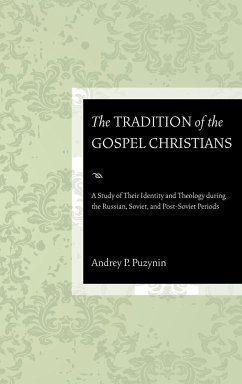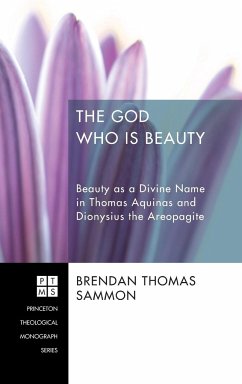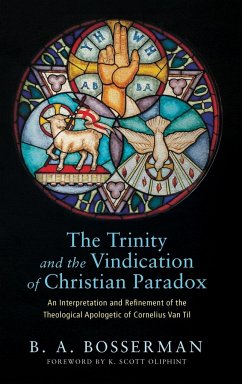The Tradition of the Gospel Christians explores the post-Soviet tradition of evangelical Christians originating from the ministry of the Victorian revivalist preacher Lord Radstock in St. Petersburg in the 1870s. In an effort to resolve the current evangelical crises of theology and identity, this study provides an analysis of the tradition's history reflecting on its restorationist tradition, the contours and vectors of its theology, and its practice of biblical interpretation. The historical analysis reveals that the major causes of the crises of identity and theology pertain to the socio-political upheavals, which, in turn, led the tradition to develop strategies to maintain relevance in its changed contexts. The socio-political shifts were also responsible for the lack of emphasis on research and scholarship, which contributed to a difficulty in finding the necessary resources and intellectual virtues to deal with the collapse of the Soviet Union. Building on the discoveries of the historical analysis, Andrei P. Puzynin offers a new historical and theological paradigm by reconstructing the self-identifying narrative and theological framework in critical dialogue with recent developments in Anglo-American evangelicalism and postliberalism. Following the trajectory of the evangelical tradition in the post-Soviet context, a trajectory which relies on Western thought, the book adopts the narrative theological method of reading the world though the lens of Scripture. The self-identifying narrative of the community is reconstructed through a theological reading of the previous identity-constructions, in the light of recent discussions on Christ and the powers. The result of this study helpfully explains the dynamics of Eastern evangelicalism in a traditionally Russian Orthodox setting.
Bitte wählen Sie Ihr Anliegen aus.
Rechnungen
Retourenschein anfordern
Bestellstatus
Storno









